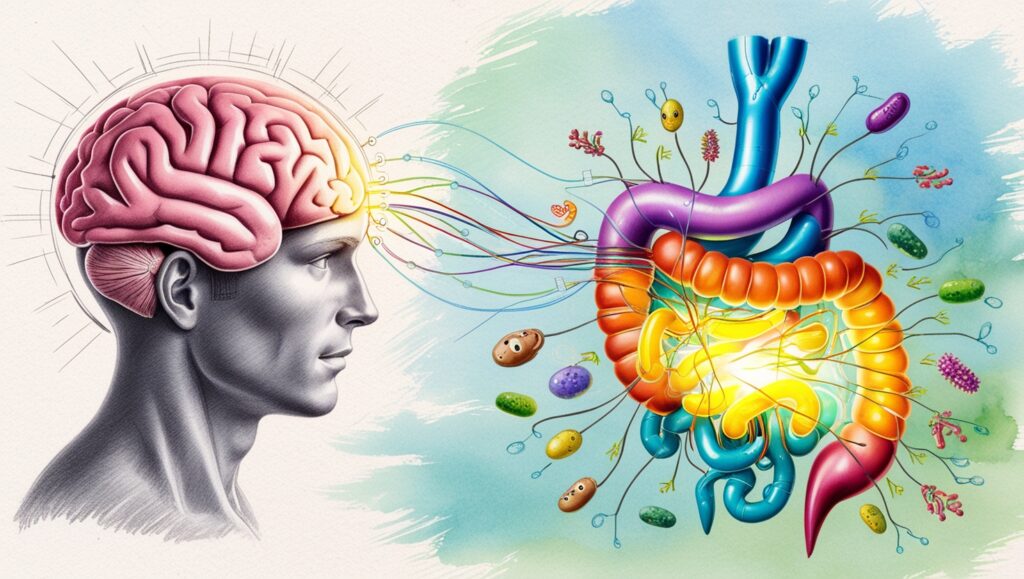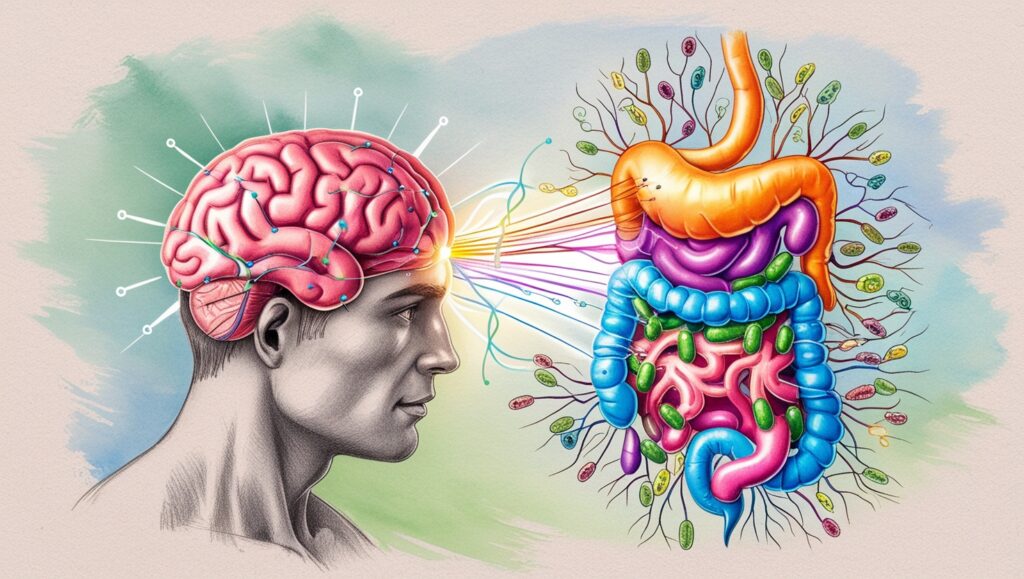How Does Dopamine Shape Decision-Making 2025
How Does Dopamine Shape Decision-Making 2025
Dopamine is one of the most important chemicals in the human brain. In 2025, scientists have come to understand its role not just as a “pleasure molecule,” but as a core influencer of how we make decisions in everyday life. Whether you’re deciding what to eat, whether to take a job offer, or even whether to take a risk or play it safe—dopamine plays a vital role in shaping the outcome.
This blog dives deep into how dopamine impacts our decision-making processes, why it’s essential for our behavior, and what recent research tells us about its influence.
What Is Dopamine?
Dopamine is a neurotransmitter—a chemical that helps transmit signals in the brain. It is produced in areas like the substantia nigra and the ventral tegmental area and released into parts of the brain such as the prefrontal cortex, nucleus accumbens, and amygdala.
Although often associated with pleasure, dopamine’s role goes beyond making us feel good. It’s more accurate to say that dopamine is responsible for anticipating rewards, calculating effort versus gain, and helping us learn from experience. This is what makes it crucial in decision-making.
Dopamine Pathways Involved in Decision Making
There are two major dopamine pathways especially relevant when it comes to decision-making:
1. Mesolimbic Pathway
- Connects the ventral tegmental area (VTA) to the nucleus accumbens.
- Plays a central role in experiencing reward and reinforcement.
2. Mesocortical Pathway
- Connects the VTA to the prefrontal cortex.
- Involved in cognitive control, executive function, and evaluating complex decisions.
When you face a decision, your brain activates these pathways to evaluate the potential outcomes. If a choice seems rewarding, dopamine is released to encourage that action.
How Dopamine Shapes Everyday Decisions
1. It Encourages Reward-Seeking Behavior
When you anticipate a reward, dopamine levels rise. This doesn’t necessarily mean you’ll feel “pleasure,” but rather, you become motivated to take action. Think of it as your brain saying, “This could be worth it.”
For example, when deciding whether to go to the gym or stay on the couch, your brain compares potential rewards:
- Going to the gym = long-term health benefit
- Staying on the couch = immediate relaxation
Dopamine can help tip the balance, especially if previous experience has taught your brain that the gym brings satisfaction later.
2. It Supports Motivation
Dopamine is essential for motivation. It not only helps you start a task but also sustain effort over time. When dopamine is released during a difficult task, it helps you stay focused and driven.
This is especially important in long-term decision-making, such as preparing for exams, saving money, or sticking to a workout routine. In 2025, researchers have confirmed that individuals with balanced dopamine levels tend to persist longer in challenging tasks.




3. It Performs Cost-Benefit Analysis
Every decision we make has a cost and a benefit. Dopamine helps you calculate whether a decision is worth the effort or risk. For instance:
- Studying for 6 hours might bring a better grade.
- Watching a movie instead might bring immediate enjoyment.
Dopamine helps weigh the long-term benefit against the short-term reward. High dopamine sensitivity can lead to more ambitious decisions; low dopamine function may result in hesitation, avoidance, or procrastination.
4. It Affects Risk-Taking Behavior
Studies show that when dopamine levels are elevated, individuals are more likely to take risks. This happens because dopamine amplifies the perceived reward and downplays the potential downsides.
This is one reason why individuals under the influence of drugs or alcohol (which boost dopamine) often engage in impulsive decisions.
In 2025, brain imaging studies have identified that dopamine surges in the striatum are directly correlated with higher risk-reward decision-making patterns.
5. It Helps You Learn from Experience
One of dopamine’s most powerful functions is reinforcement learning. This means you adjust your behavior based on what worked or didn’t work in the past. Dopamine levels increase when a result is better than expected, reinforcing that action. If the outcome is worse, dopamine levels drop, and you’re less likely to repeat the behavior.
This reward prediction error system is a core part of how humans and even AI systems learn to make smarter choices over time.
Dopamine and Mental Health
Disruptions in dopamine pathways can have a dramatic effect on decision-making:
- Depression: Often linked to low dopamine levels. Individuals may struggle to find motivation or make choices that require effort.
- ADHD: Associated with dopamine imbalance, leading to impulsivity and trouble with long-term planning.
- Addiction: Addictive substances hijack the dopamine system, artificially spiking it. Over time, this leads to impaired decision-making where only the addictive behavior feels rewarding.
In 2025, personalized treatments for these disorders often target dopamine receptors using medications, behavioral therapy, and even digital tools like neurofeedback and AI-driven brain training apps.
Recent Discoveries in 2025
Recent research in neuroscience has made several breakthroughs in understanding dopamine:
- Real-time dopamine monitoring: Scientists can now use brain sensors to watch dopamine levels change second by second, helping us understand how the brain reacts to different decisions.
- Genetic dopamine profiling: Your dopamine receptor profile can help predict your decision-making style—whether you’re more impulsive, cautious, or balanced.
- AI-driven behavior prediction: AI systems are being trained on dopamine-influenced models of behavior, allowing for predictive algorithms in mental health and education.
These advancements are not just scientific curiosities—they’re also paving the way for better understanding human behavior in everything from marketing to therapy to leadership.
Summary: Dopamine as a Decision Engine
Dopamine acts like a decision engine in the brain. It nudges you toward rewards, helps you decide what’s worth the effort, and teaches you through trial and error. Whether it’s about what you eat, how you study, or what goals you set, dopamine is behind every choice.
Understanding this can help you take control of your decision-making process, improve motivation, and even reshape habits.
—
External Resource
For a comprehensive overview, visit the Wikipedia page on Dopamine:
https://en.wikipedia.org/wiki/Dopamine
—
Explore More from Our Blogs
- Discover how dopamine drives your daily motivation:
https://edgythoughts.com/how-does-dopamine-influence-motivation-2025 - Curious about how AI impacts learning? Read:
https://edgythoughts.com/what-if-ai-became-the-primary-educator-2025
How Does AI Generate Human-Like Voices? 2025
https://edgythoughts.com/how-does-ai-generate-human-like-voices-2025/
Why Sustainable Fashion Is Rising Fast 2025
https://edgythoughts.com/why-sustainable-fashion-is-rising-fast-2025/





